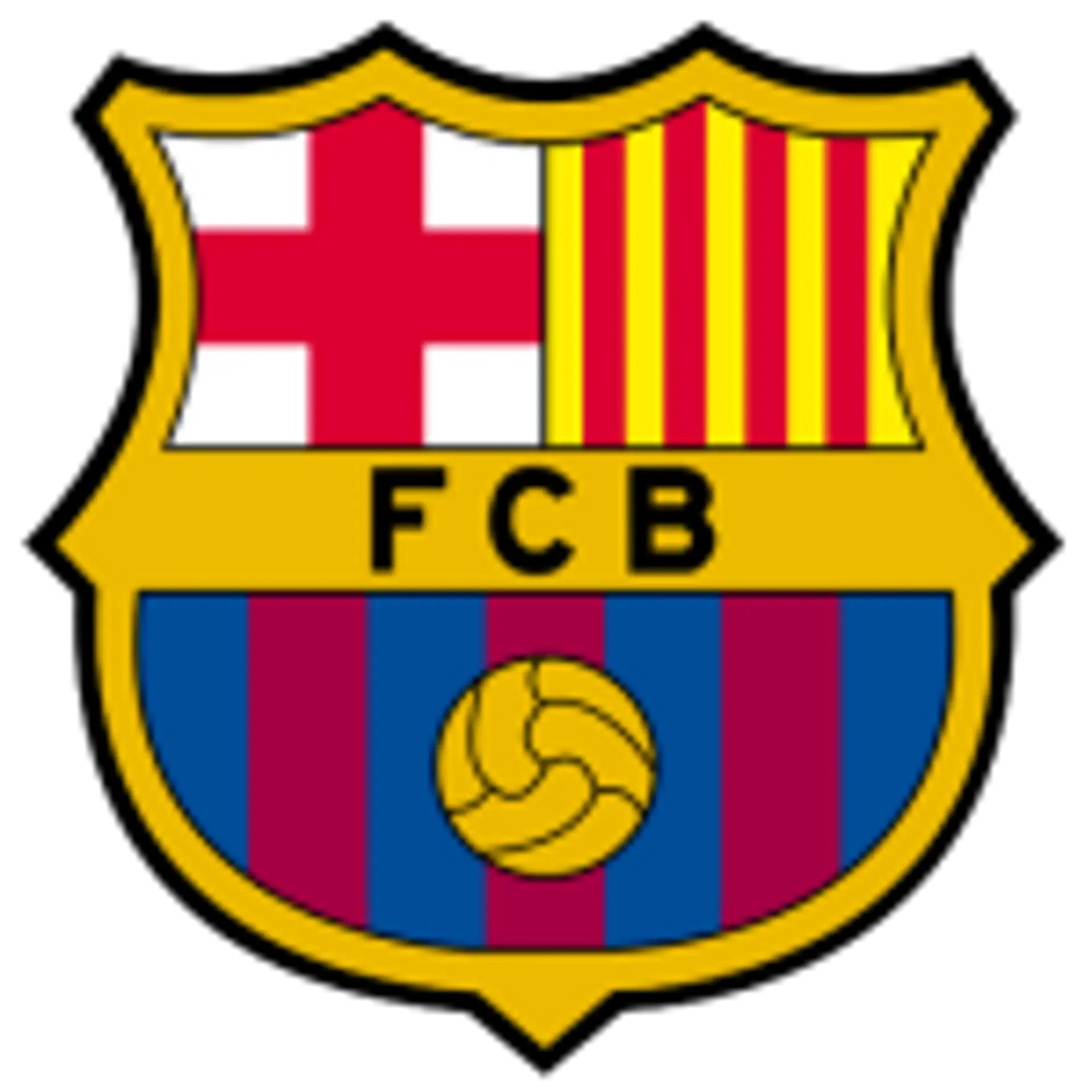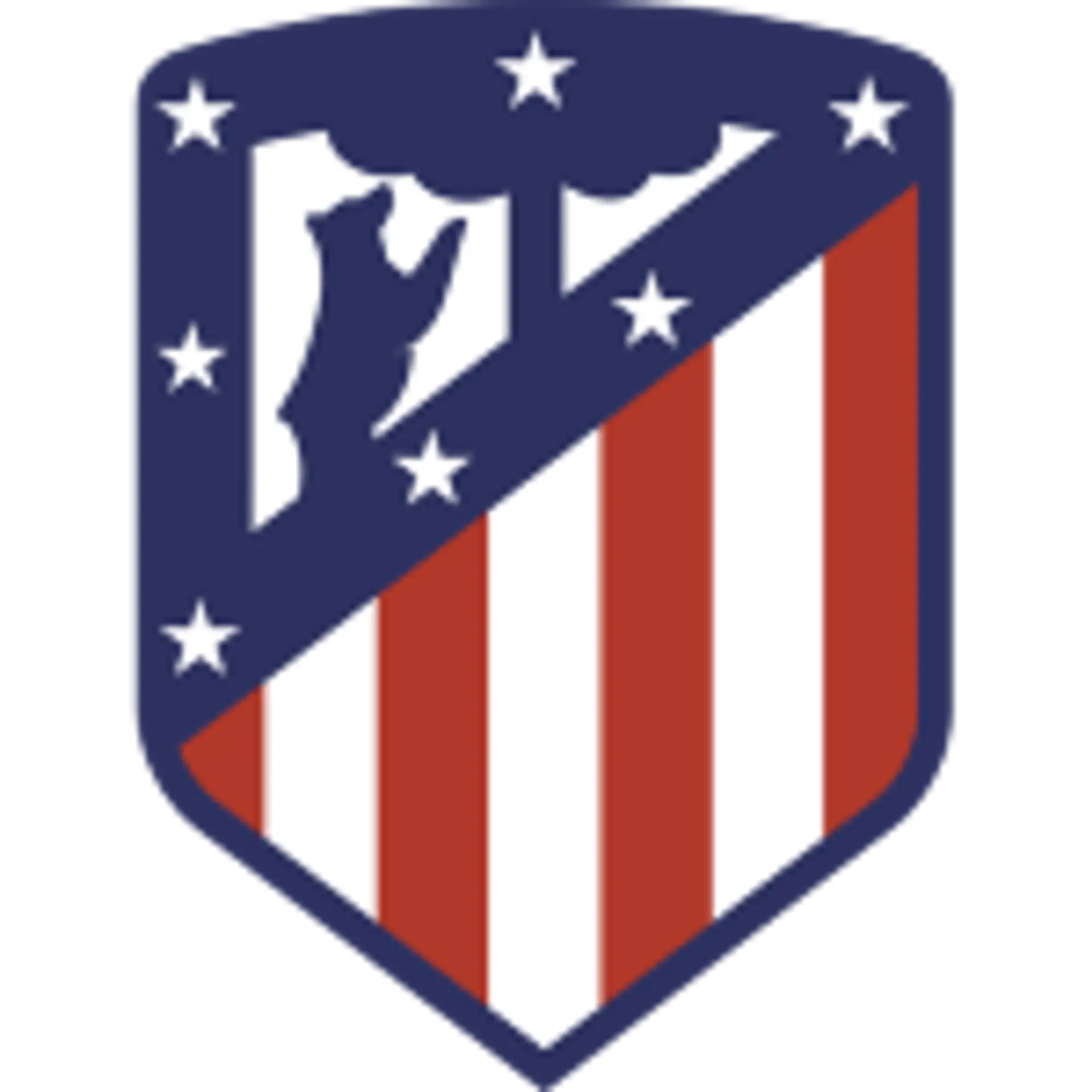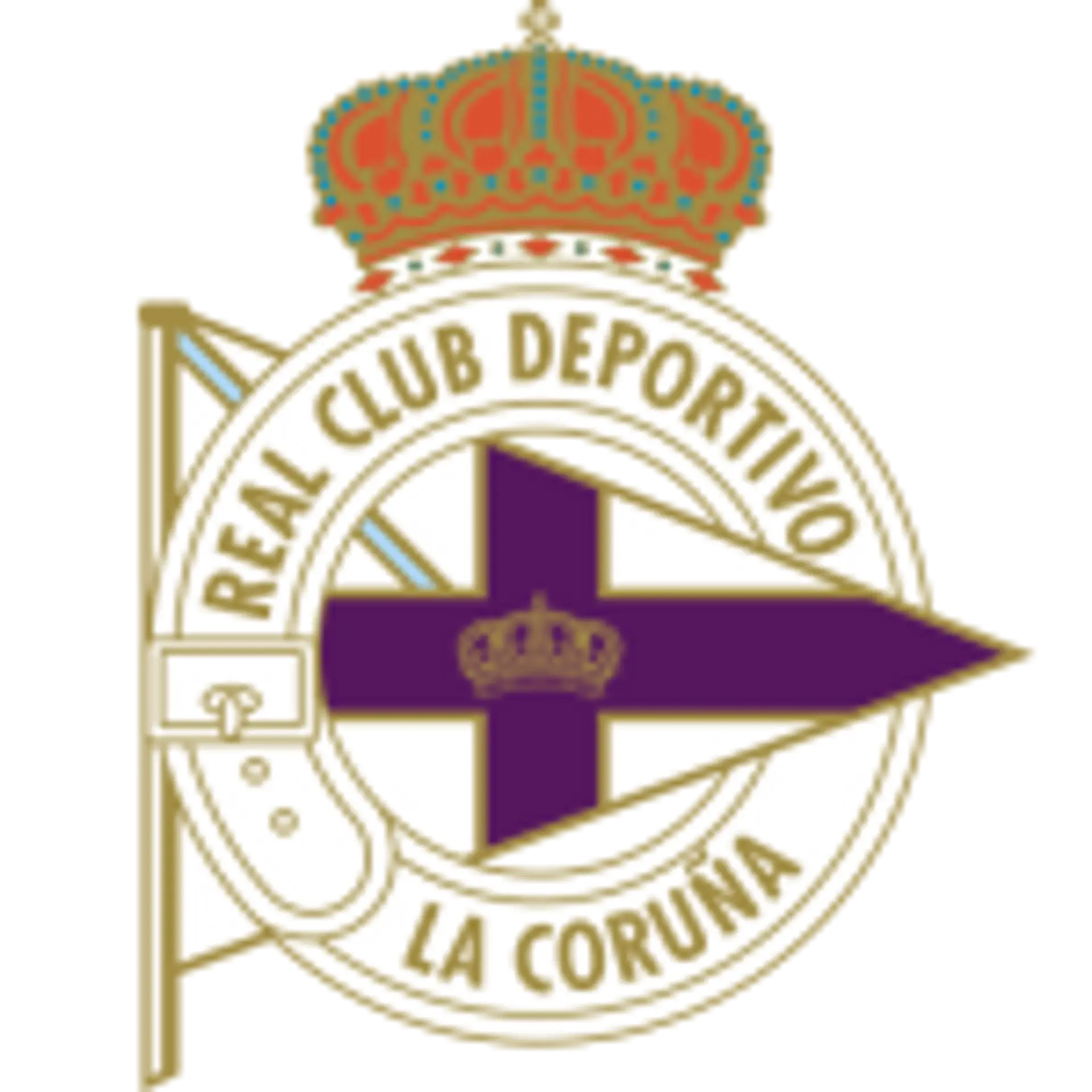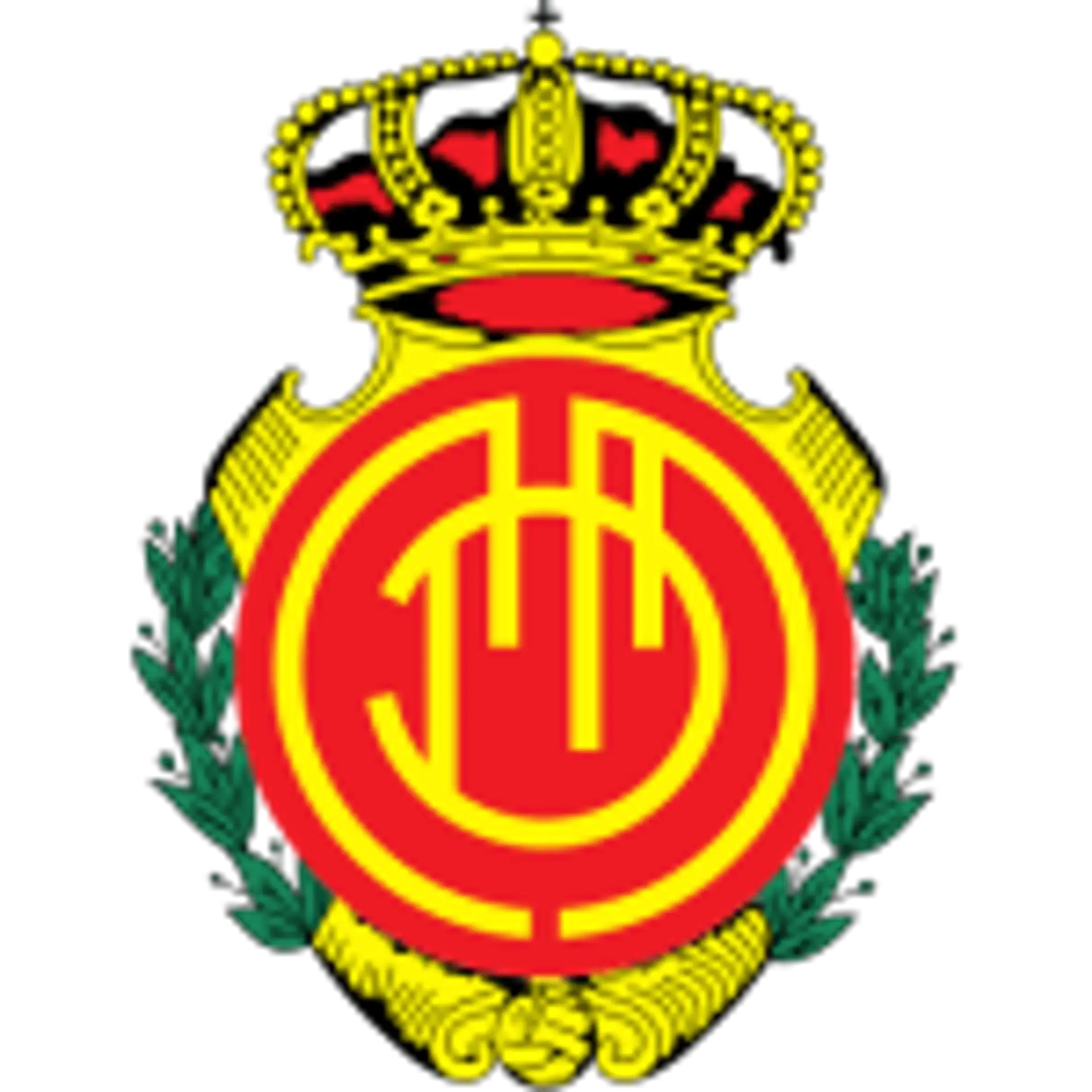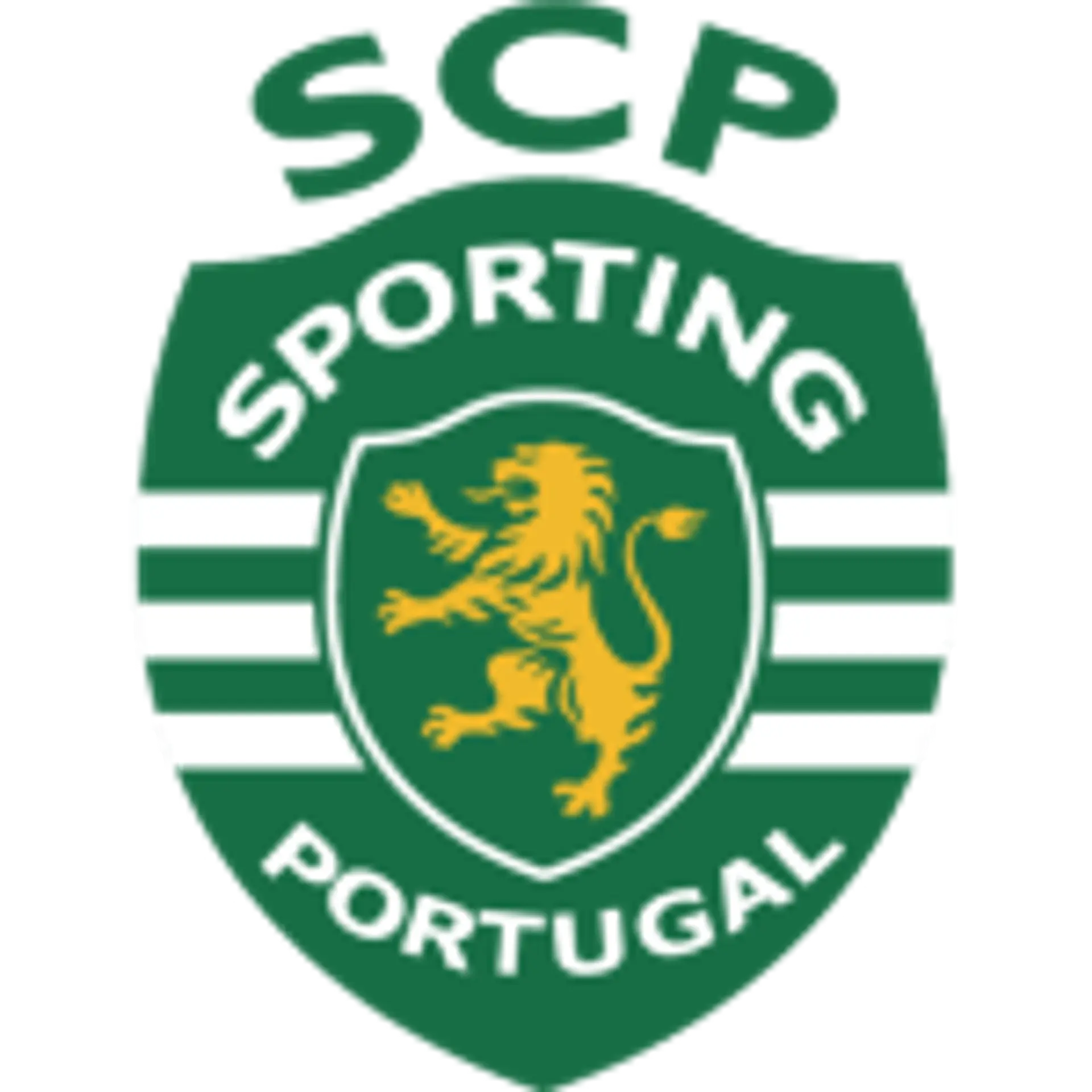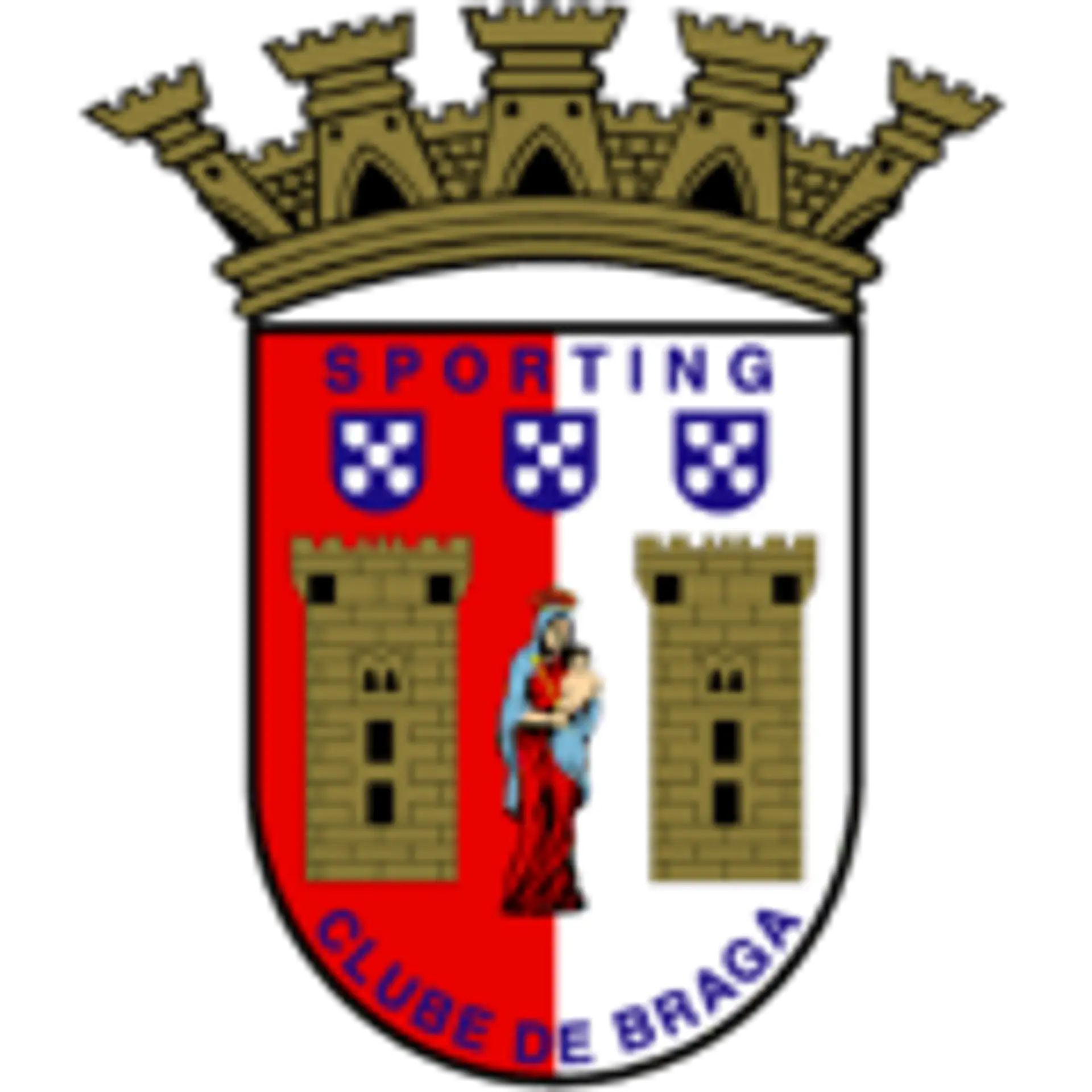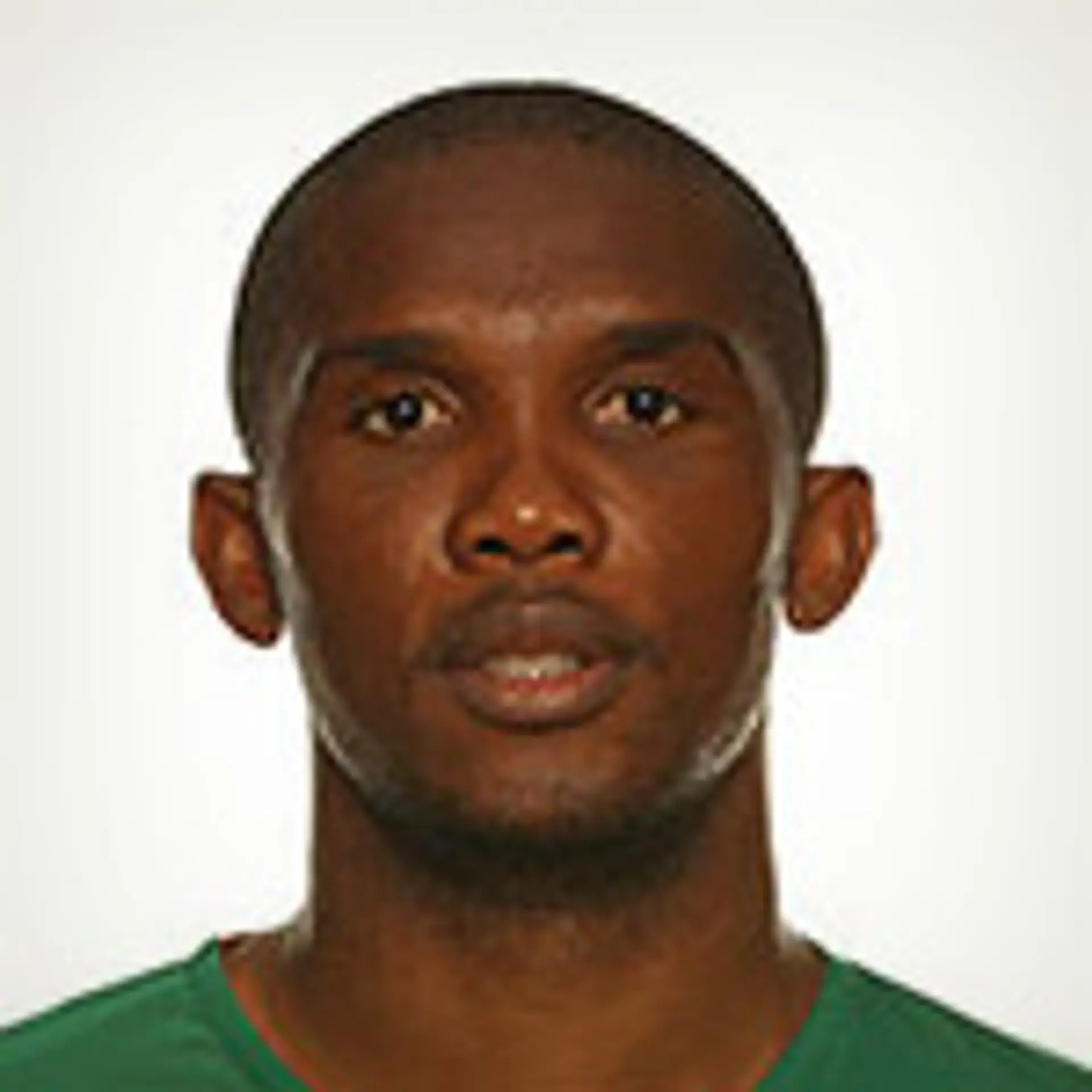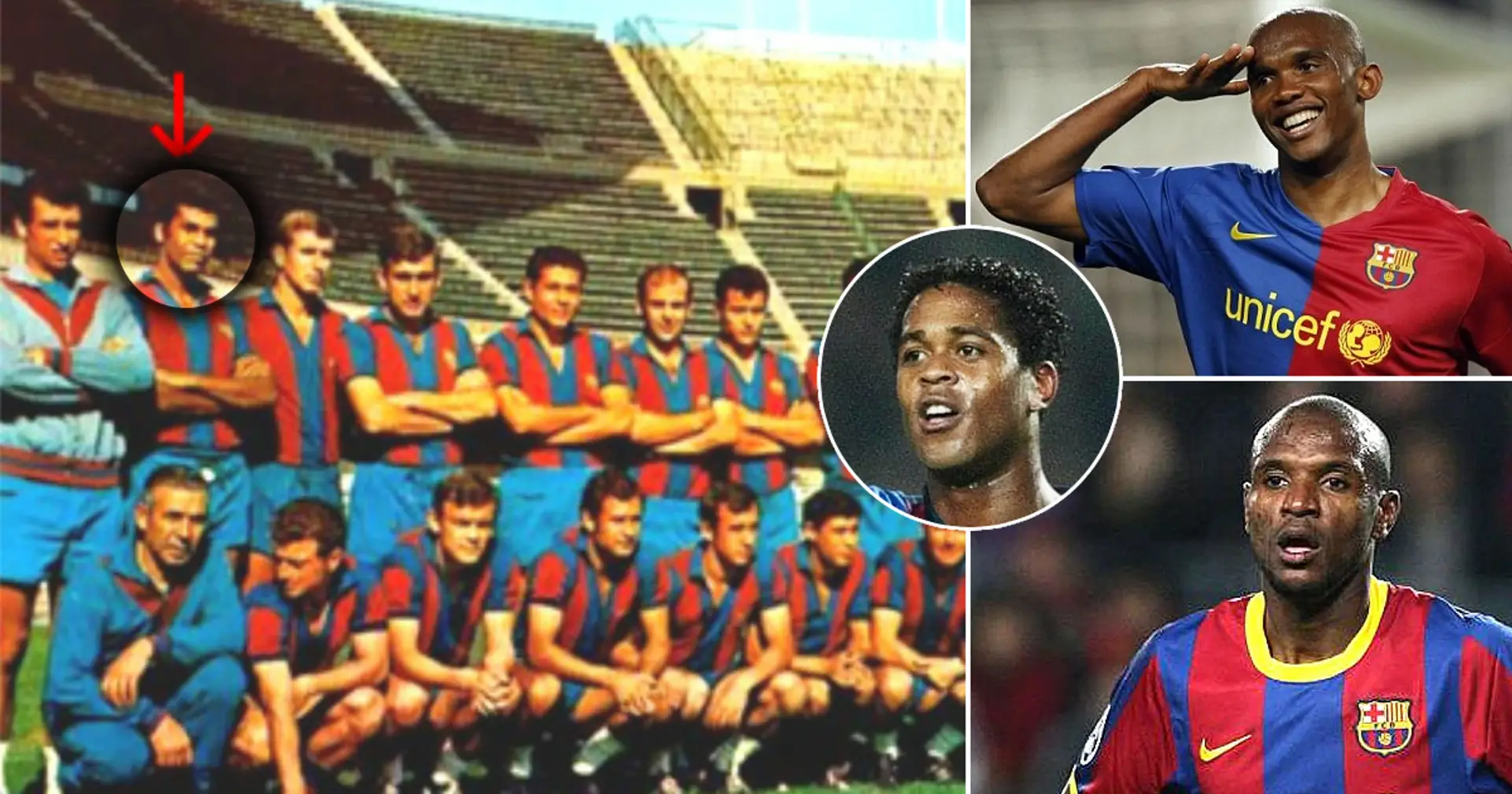
We occasionally get asked in the comment section who was the first-ever black footballer to play for Barcelona, so we decided to finally answer the question.
By the look of things, the first-ever black player to wear the Blaugrana colours was also the first-ever African to represent the club — Jorge Alberto Mendonca.
Mendonca was born in Luanda, modern-day Angola in 1938. However, his football career started in Portugal, first training at Sporting CP's academy and then making his professional debut for Braga.
In 1958, the striker moved to La Liga where he would spend the rest of his career playing for clubs like Deportivo La Coruna, Atletico Madrid, Barcelona and Mallorca. The most successful part of Mendonca's career came during his nine-year spell at Atletico, where he ended up winning five different titles.
At Camp Nou, the Angolan played between 1967 and 1969. Jorge Alberto ended up making 49 appearances and scoring 16 goals. He helped the Catalans win the 1967/68 Copa del Rey before leaving for Mallorca where he ended his career in 1970.
Mendonca's current occupation also revolves around football, as he is the founder and president of the Sports Group of African Former Football Players Association. He helps to manage big international events.
With time, Camp Nou became the home to many more black players, some of whom, like Ronaldinho or Samuel Eto'o, finished as Barca legends. Nevertheless, it's always important to remember those who paved the way.
RELATED NEWS
What should happen for Leo Messi to win his 7th Ballon d'Or? You asked, we answered
Leo Messi is still behind N'Golo Kante in our freshly-updated Ballon d'Or power rankings – but could he climb higher given that the football season is almost over?
To answer this question, we should remind ourselves how the Ballon d'Or winner is chosen.
1. France Football's editorial team come up with a 30-man shortlist based on their performances in the calendar year.
2. A jury of sports journalists from across the world are asked to cast their votes for the best players on the list. They select the 5 best players in descending order.
The three main criteria taken into account are:
- individual and team performances;
- fair play and talent;
- overall evaluation of the footballer’s career.
3. The top picks from each of these journalists are given 6 points. For the subsequent picks, 4, 3, 2 and one point is given.
4. The points are calculated and the best 30 players are ranked. If there's a tie (as it almost happened between Messi and Van Dijk in 2019), the player with the most top-pick votes wins.
As you understand, it's all about who will be the most-hyped footballer on Earth at the end of 2021. For now, it's not Messi: N'Golo Kante impressed plenty of football fans all across the globe following his Champions League outings and his potential Euro 2020 success with France would definitely make him a top contender.
Messi's individual stats in 2021 are extraordinary as no other player has recorded so many goal contributions so far this year. Yet these numbers are underrated by many because Barcelona haven't won a lot last season, suffering an early Champions League elimination.
The only three things that might save Messi's Ballon d'Or chances are:
- The Copa America success: Argentina haven't won it since 1993 so you may imagine the potential hype around it.
- Messi's solid start of the 2021/22 season: if the 34-year-old keeps on delivering and scores tons of important goals in the Champions League group stage or in the Clasicos, people will be charmed by it.
- Kante and Ronaldo NOT winning Euro 2020: Messi's Ballon d'Or chances will enjoy a boost if, for example, Italy win the tournament – a side with no obvious leaders who proved themselves in Europe in 20/21; Luka Modric's example proves that the Euros and the World Cups really matter when it comes to selecting the new prize holder.
Who scored first EVER goal for FC Barcelona? Have a trip back to 19th century to a velodrome inside the city
Foundation
On October 22, 1899, Joan Gamper, who was an accountant and sports columnist at the time, published an ad in Los Deportes in which he expressed his intention to form a football club in Barcelona. Many residents, not necessarily Catalan, turned out to be interested. And on November 29 the same year, after a meeting at the Gimnasio Sole, FC Barcelona was born. The first squad was made out of Swiss, British as well as Spanish and Catalan players.

Joan Gamper's ad in Los Deportes
First matches and first goal
At first, Barca were playing solely friendly matches. The first game was against Team Angles (cat. English team), a team made of British city residents who've been active since 1898. Both sides played with 10 men. Unfortunately, Blaugrana lost their first match 1-0 so there were no goalscorers.
Barcelona didn't have a home ground back then, and the first matches were played at the Velodrom de la Bonanova, a sports venue that had a cycle-racing track and football pitch. It existed between 1893 and 1910 and hosted several local football teams, including Barca (1899-1900).

Players in action at the Velodrom de la Bonanova
The first ever goal came in the second game when Barcelona faced off against local side FC Catala at the same venue, with around 100 people watching. The match ended in a 3-1 victory for Blaugrana, with club founder Joan Gamper scoring the first goal in our history. The legendary figure actually scored a brace that game, with the other goal going to Ernest Witty.

Joan Gamper at Barca
In total, Barcelona played 8 matches in the 1899-1900 season, registering six wins and two losses. Gamper actually scored at least eight goals that season. We say at least because Barca beat FC Catala 6-0 on another occasion but there's no record of who the goalscorers were.
Joan Gamper's legacy
By the time he founded FC Barcelona, Gamper already had an ardent passion for football. He was one of the founders of FC Zurich in his native Switzerland and had actually played for FC Basel.

Joan Gamper during his early days
In 1908, Gamper became the club president. Barcelona were going through a rough patch at the time, as the better players had retired and no decent replacements were found. However, during his combined 25 years at the helm (1908–09, 1910–13, 1917–19, 1921–23 and 1924–25), the Swiss-born Catalan managed to turn the situation around and form the first golden generation at the club. In 1917, Gamper recruited Barca legend Paulino Alcantara, the club's seventh-best goalscorer, and also appointed Jack Greenwell as coach. The Englishman is actually the longest-serving manager at the club, working for a combined 10 years during his two spells.
Until 1909, Barca played on different stadiums, none of which were owned by the club, but thanks to Gamper's efforts and the funds raised from local businesses, on March 14, 1909, the Catalans moved into the Carrer Industria, their first official ground that had a capacity of 6,000. Barcelona were gaining popularity and in 1922, they moved to Les Corts, a stadium with an initial capacity of 20,000. After a series of reconstructions, the stadium was able to host 60,000 spectators.
During Gamper's reign, the club won the Championat de Catalunya 11 times, Copa del Rey six times, and the Coupe de Pyrenees four times.

President Joan Gamper
A club icon, he has a trophy named after him — the Joan Gamper Trophy. The friendly title is disputed at the start of every season, with the club using the match to present the squad for the upcoming season to the fans.
